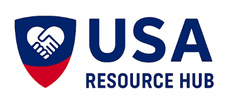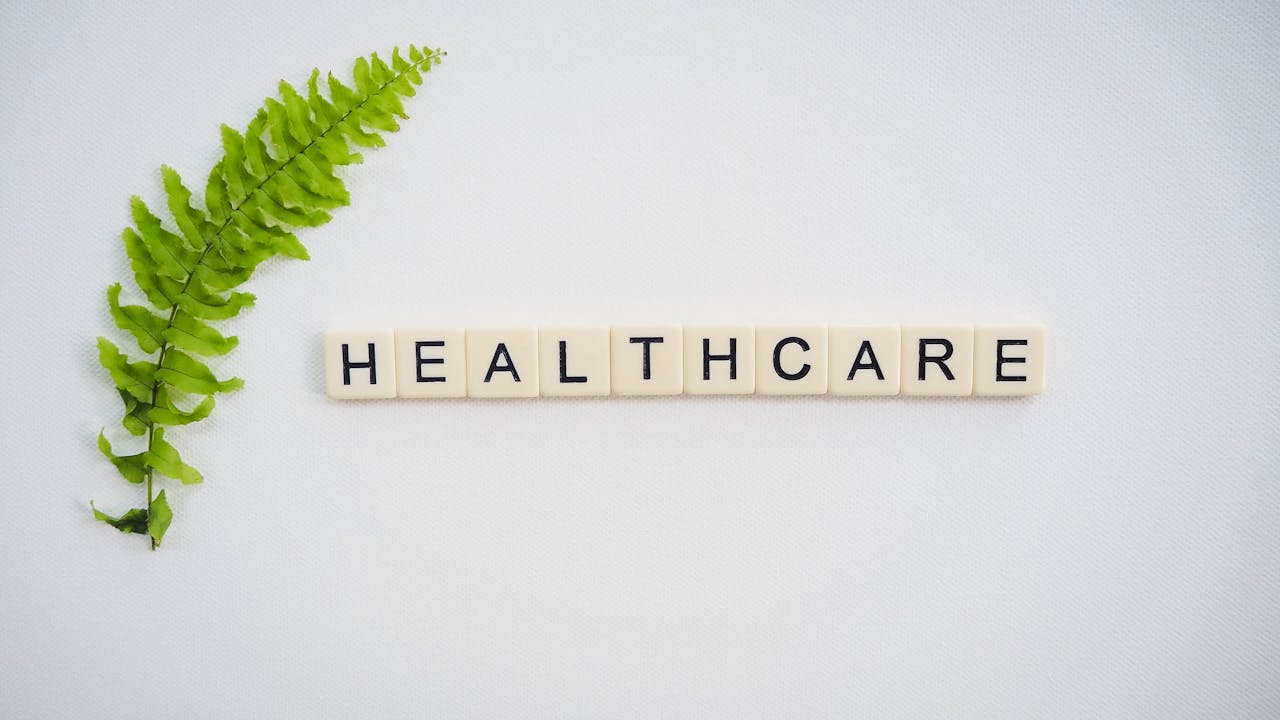Healthcare costs can be overwhelming, especially if you are uninsured, underinsured, or facing a financial crisis. But across the United States, there are free and low-cost healthcare services available to individuals and families who need help. These services are offered through community health centers, nonprofit clinics, public health departments, and charitable organizations. Whether you need a check-up, prescription, mental health support, or chronic disease management, there are ways to access care without paying out of pocket.
Here is a step-by-step guide to finding free healthcare services in your area and understanding what they cover.
Step 1: Locate a Community Health Center
Community health centers are federally funded clinics that provide medical care on a sliding fee scale. They serve people regardless of insurance status or ability to pay. Services often include:
- Primary care
- Preventive screenings
- Immunizations
- Prenatal and pediatric care
- Mental health counseling
- Dental services
- Chronic disease management
- Referrals to specialists
You can find a nearby center through the Health Resources and Services Administration (HRSA) locator. These centers are located in both urban and rural areas and are a reliable first stop for affordable care.
Step 2: Use Free Clinic Directories
Free clinics are nonprofit facilities that offer medical services at no cost to patients. They are often staffed by volunteer doctors, nurses, and medical students. Services may include:
- General check-ups
- Minor illness treatment
- Prescription assistance
- Women’s health services
- Vision and hearing screenings
- Mental health support
To find a clinic near you, visit FreeClinicFinder.org. This platform lists over 15,000 free and sliding-scale clinics across the country. You can search by ZIP code and filter by service type.
Step 3: Contact Your Local Health Department
County and city health departments often provide free or low-cost services to residents. These may include:
- STD testing and treatment
- Immunizations
- Family planning
- Tuberculosis screening
- HIV/AIDS services
- Health education and outreach
Visit your local government website or call the health department directly to ask about available programs. Some departments also partner with mobile clinics or host community health events.
Step 4: Explore State Medicaid and CHIP Programs
Even if you think you do not qualify for Medicaid, it is worth checking again. Many states have expanded eligibility to cover more low-income adults. Medicaid covers:
- Doctor visits
- Hospital care
- Prescription drugs
- Mental health services
- Preventive care
- Long-term care
Children may qualify for the Children’s Health Insurance Program (CHIP), which provides coverage for families who earn too much for Medicaid but cannot afford private insurance. CHIP may also cover pregnant women in some states.
You can apply through your state’s Medicaid office or visit HealthCare.gov’s community health center page for guidance.
Step 5: Ask About Charity Care at Hospitals
Nonprofit hospitals are required to offer financial assistance to patients who cannot afford care. This is known as charity care. If you have received treatment and cannot pay the bill, contact the hospital’s billing department and ask about their financial assistance policy.
You may need to provide:
- Proof of income
- Identification
- Insurance status
- Documentation of hardship
Some hospitals also offer sliding-scale payment plans or discounts for uninsured patients.
Step 6: Use Prescription Assistance Programs
If you need help affording medications, many pharmaceutical companies offer patient assistance programs. These programs provide free or discounted prescriptions to eligible individuals.
You can search for programs through:
- NeedyMeds.org
- RxAssist.org
- Manufacturer websites
In addition, discount pharmacy networks like GoodRx can help you find lower prices at local pharmacies.
Step 7: Look for Nonprofit and Faith-Based Clinics
Organizations like Catholic Charities, The Salvation Army, and local churches often operate free clinics or partner with medical providers. These services may include:
- General medical care
- Mental health counseling
- Substance use treatment
- Dental and vision care
Ask at your local community center or faith-based organization for referrals. Many offer walk-in services or host regular health outreach events.
Free healthcare services are more accessible than many people realize. Start with a community health center, explore free clinic directories, and contact your local health department. The care you need may be closer than you think.


Leave a Reply